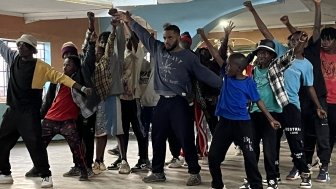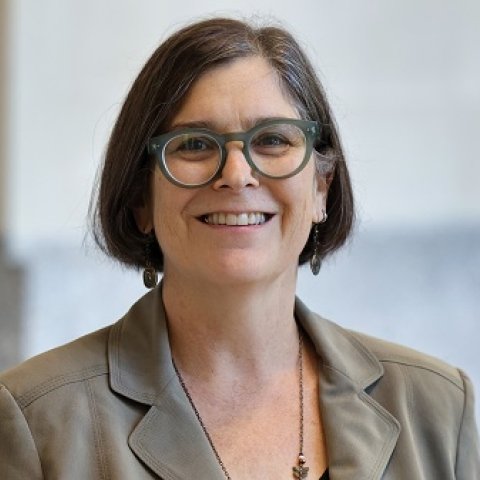Lisa Gilman
Wilson International Competition Fellow
(202) 691-4324
Schedule an interviewProfessional Affiliation
Professor, George Mason University
Expert Bio
Lisa Gilman is Professor of Folklore and English at George Mason University, Editor-in-Chief of the Journal of American Folklore, and a Fellow of the American Folklore Society. She is currently working on “My Culture, My Survival: Arts Initiatives by Refugees for Refugees,” a multisite global project on agency, creativity, and entrepreneurship of displaced peoples (Uyghurs in France, Syrians in Türkiye, several groups in the U.S., and Rwandans, Burundians, and Congolese in Malawi). In addition to numerous articles and book chapters, her monographs include Folklore and Ethnomusicology Fieldwork Methods Handbook (with John Fenn), My Music, My War: The Listening Habits of U.S. Troops in Iraq and Afghanistan, The Dance of Politics: Performance, Gender, and Democratization in Malawi, and the co-edited volumes Africa Every Day: Fun, Leisure, and Expressive Culture on the Continent and UNESCO on the Ground: Local Perspectives on Intangible Cultural Heritage. She produced the documentary Grounds for Resistance and www.dzalekaartproject.com, a collaboratively produced and community-based website documenting the arts in a Malawian refugee camp.
Expertise
- Gender
- Migration
- Society and Culture
- Folklore
- Refugees
Wilson Center Project
My Culture, My Survival: Arts Initiatives by Refugees for Refugees
Project Summary
My Culture, My Survival: Arts Initiatives by Refugees for Refugees is a global multisite project focused on the arts and cultural dimension of refugee “crises’ in discrete geographic and social-political contexts in different countries to understand better the cultural impacts of migration, the creativity and entrepreneurial initiatives of “refugees,” and what structural systems and policies are needed to better address refugees’ cultural sustainability along with acceptance and integration into their new environments. This ethnographic transdisciplinary documents the use of arts by Syrians in Türkiye; Uyghurs in France; Congolese, Rwandans, and Burundians in Malawi, Rohingya in Bangladesh, and various communities in the United States. Documenting refugees’ use of arts to promote something positive within migrant communities and larger contexts offers narratives about strength, initiative, joy, and community while highlighting the complex and genuine challenges of forced migration.
Major Publications
- The Dance of Politics: Performance, Gender, and Democratization in Malawi
- My Music, My War: The Listening Habits of U.S. Troops in Iraq and Afghanistan
- UNESCO on the Ground: Local Perspectives on Intangible Cultural Heritage
Insight & Analysis by Lisa Gilman
- Article
- Refugees and Forced Displacement
Refugee Creativity, Fun, and Initiative at Dzaleka Refugee Camp in Malawi

- Article
- Refugees and Forced Displacement
“But Where Can We Go?”: Fear and Instability for Displaced Syrians in Türkiye


